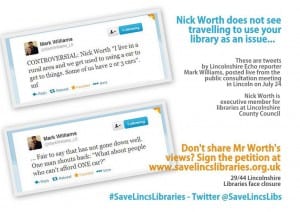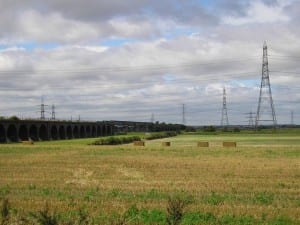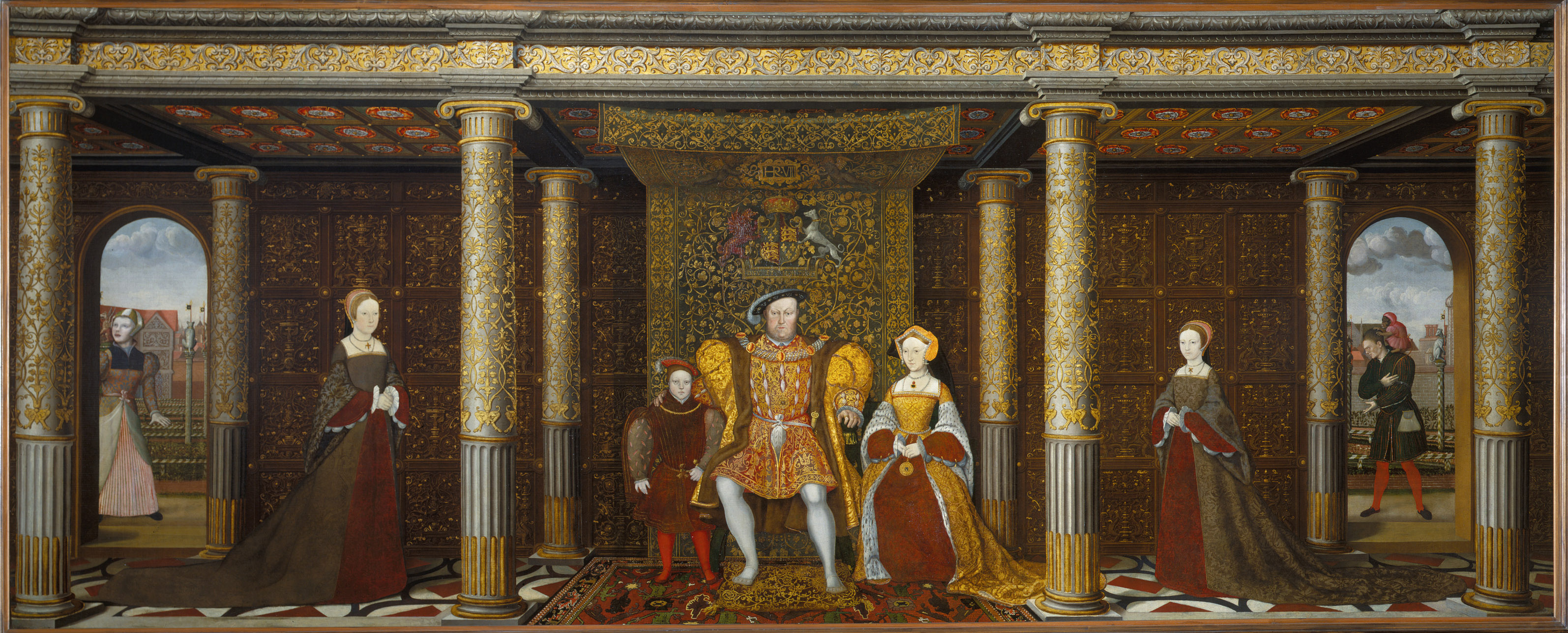
Well, that title should get me a few more hits than usual, but I fear sweatier readers will be disappointed. The post is really about library closures and threats to freedom.
Now, it would be fun to ridicule the hapless Councillor Worth’s selfishness and lack of empathy, as evidenced in this poster featuring a tweet in which he explains why closing virtually all of Lincolnshire’s branch libraries, is not going to cause anyone much inconvenience. (A tweet! Says it all really). Never mind, I try to keep the tone of this blog reasonably restrained. After all I’ve never met the man, so it wouldn’t really be fair.
Anyway I think there’s a more sinister agenda at work. One of the councillor’s earlier pronouncements on the topic was that we didn’t need libraries because everyone has a Kindle, or iPad. (Of course, everyone in Lincolnshire has probably got one of these devices for each of their cars). Even if that were so, a single computer is about as much use for serious research as a single book. Which is to say “not very much”. Serious research needs serious reading, and as any academic will tell you the publishing industry is very good at leeching off the work of researchers who quite often have to pay quite large sums to access published versions of their own work, having been forced to hand over the copyright to their publishers in order to get published at all. (There’s that free market at work!) So maybe the Internet isn’t quite as free as Cllr. Worth and his colleagues would like to believe. I don’t think that’s malice on their part. I think it’s genuine ignorance of the fact that what you can find for free on Google and the like, is only a tiny part of the Internet. It’s not “free” anyway. To access it you have to hand over quite a lot of personal data, which is much more valuable to these companies than the coin in your pocket.
The issue that’s worrying me more though, comes from elsewhere in Cllr Worth’s party, namely from David Cameron’s pronouncements about “filtering” on-line pornography. Now, I am not about to start defending pornography of any sort, but I wonder how long it will be before “pornography” filters become “unsuitable material” filters, and we’re all told what we can and can’t read, or before we have to register to read the works of Karl Marx, or even, if you prefer, Ayn Rand. If you can filter one thing, you can filter others.
I am well aware that the filtering idea is completely impractical, (unless you have humans somewhere along the line judging what counts as ‘inappropriate material’), but once these ideas get floated they can be hard to kill, and it’s not entirely inconceivable that some workable system may be found and implemented. For a party that once claimed to defend individual freedom, the modern Conservatives seem remarkably anxious to control every aspect of our lives in remarkable detail. In fairness I suspect the Labour Party would be just as greedy for this level of control. (I haven’t forgotten the ID card fiasco). Happily we have a defence, in the shape of our libraries where we can go to the shelves and pick different ideas up in the space of a couple of hours without even having to think of the right words to put into a search engine. We really must not allow ourselves to lose this. And that applies to every county in the UK, not just Lincolnshire.
Oh and by the way if some registration system for on-line pornography (or anything else) is introduced, I urge you to opt in. Not so you can look at the wretched stuff, but so that you remain free to live your life as best you can. My argument is rather based on the “I am Spartacus” principle. Admittedly that didn’t work out all that well for Spartacus’s army, but the principle is sound. The powerful need to differentiate between us, to break us into smaller groups, in order to control us.
As Shelley said “Ye are many, they are few”. Don’t ever let them forget it.


You must be logged in to post a comment.